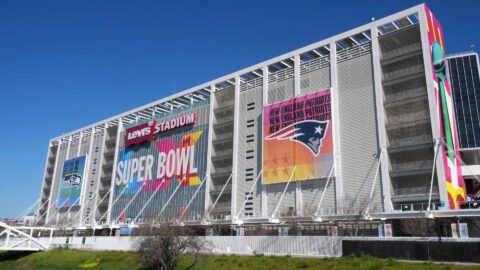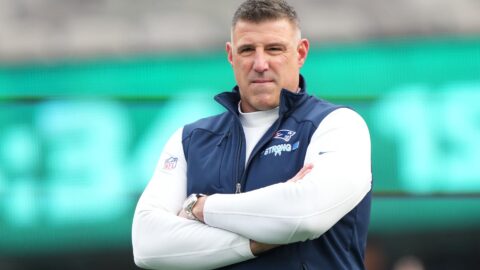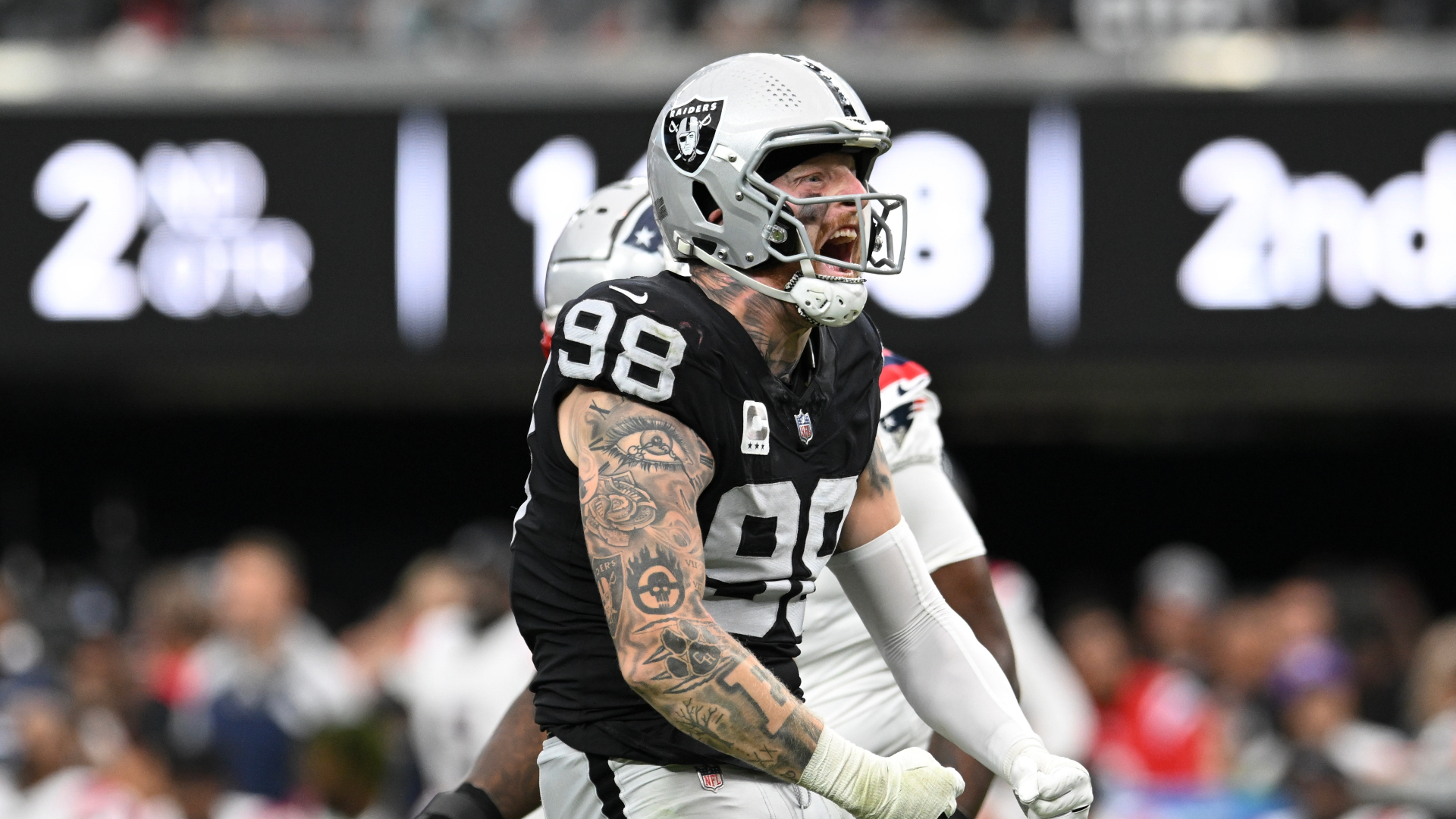 The Patriots' pass defense is coming back down to earth.
The Patriots' pass defense is coming back down to earth.
After playing strong in weeks one and two, New England's pass defense struggled against the Ravens, and were one of the chief reasons for Sunday night's loss.
Bill Belichick designs his zone defense so that
there's very little coverage in the shallow-middle of the field. The
idea behind that is likely that the Patriots would rather allow short
plays to running backs and tight ends, rather than deeper plays to wide
receivers or tight ends. Sometimes this works, sometimes it comes back
to bite New England. On Sunday night, Baltimore competed nine receptions
on ten passes for 74 yards and a touchdown to uncovered receivers. You
could say that bit the Patriots. The biggest of those plays was on a pass to tight
end Dennis Pitta that should have been stopped for a
short gain, but pitiful tackling by Steve Gregory and Devin McCourty allowed
the play to go for a twenty-yard touchdown.
If there's one reason
why it's so easy to move the ball on the Patriots, and why their defense
allows such solid stat-lines to opposing quarterbacks, this is why.
Opposing offenses can regularly move the ball 5-10 yards at a time based
completley on checkdowns and designed short routes. When going against a
player like Ray Rice, that becomes even more dangerous. Rice had five
receptions on five targets for 49 yards, mostly on plays where he was
left completely uncovered because his route didn't go deep enough into
one of the Patriots defensive zones.
The Patriots also couldn't generate much of a pass rush. The Ravens' offensive line did a nice job against the Patriots, but there were some missed holding calls that were evident upon a second watch. New England also blitzed just five times in the game. Jerod Mayo was the fifth man bringing pressure on four of those blitzes, while Brandon Spikes had a delay blitz once. The Ravens were 3/4 on plays that Mayo blitzed, throwing for 48 yards. Spikes' only blitz resulted in an incomplete pass.
Mayo is a great player, but bringing pressure on the quarterback isn't his specialty. Rookie Dont'a Hightower was actually used as a third-down pass rusher at times in college at Alabama, and would be a better option for when the Patriots decide to rush a linebacker. Spikes has also proved adept at pass rushing through his pro career, and would also likely be a better option to bring pressure up the middle.
McCourty played a great first half covering the left side of the field, but two big receptions and one costly penalty might have cost the Patriots the game. McCourty was targeted a game-high 14 times on Sunday night and allowed four receptions for 66 yards and a touchdown. The catch-percentage is nice, but allowing two 20+ yard receptions hurts.
The replacement officials cost McCourty one great play on Torrey Smith when he was called for a phantom holding penalty. It may have only been a five-yard penalty, but it gave the Ravens a first down on a touchdown scoring drive. Smith's touchdown on McCourty was just as controversial, as you could see on the replay that Smith extended his arm and pushed off on McCourty before making the five-yard reception. Overall, McCourty played mostly well, but his final target was one of the costliest plays in the game when he was called on a very fair pass interference call on Jacoby Jones that placed Baltimore in field goal range. McCourty also dropped an obvious interception.
Kyle Arrington struggled mightily and it makes you wonder how much longer he can be a starter on the outside over Ras-I Dowling. According to Mike Reiss of ESPNBoston.com Dowling played just three snaps this week after receiving zero in week two against the Cardinals. Dowling allowed one reception on one target for nine yards, but the play was called back due to offensive holding. You have to wonder what's keeping Dowling off the field. This defense would be better if he were on it.
Arrington allowed four receptions on five targets for 66 yards and a touchdown, and he was charged with a holding penalty. Arrington is great when asked to play in the slot, but really struggles to turn and run when he's placed outside at right cornerback. His snaps would be cut in half if he was only asked to play in sub packages, but it would make sense for the betterment of the team if Dowling were receiving those snaps.
Sterling Moore struggled himself, but was only targeted twice in 32 snaps on the field. He allowed two receptions for 59 yards. Moore does a pretty good job shutting down the right side of the field when he's in, and does well when he's got safety help over the top, but he can get beat deep when he's out on an island by himself.
The Patriots safeties had up and down games. Gregory allowed one reception on two targets for 16 yards. He also made a key interception early in the game. He appeared to blow his coverage on a long pass play to Jones, dropping back too deep to recover, which forced Patrick Chung to take Anquan Boldin, and left Jones wide open for a 41 yard gain. That 41 yard gain was the only reception Chung allowed on two targets. Rookie Tavon Wilson allowed three receptions on three targets for 23 yards while playing just 12 snaps in a safety/linebacker hybrid role.
The Patriots linebackers weren't targeted often, but they did commit some costly penalties. Mayo was charged with pass interference on his only target and Spikes had a holding penalty. Spikes also allowed one reception for 27 yards on his other target. Rookie Hightower allowed three receptions on three targets for eight yards.
The Patriots pass defense may need to regroup after two strong weeks to open the season. There are plenty of areas to improve, including adding Dowling to the cornerback rotation, or using different pass rush combinations. Defensive end Rob Ninkovich has struggled to get much pressure early in the season, and is playing out of position this year after playing strong-side linebacker last year. The Patriots have other talented defensive ends on the roster in Jermaine Cunningham, Trevor Scott, Jake Bequette and Justin Francis, who may just start to seep into Ninkovich's playing time.



